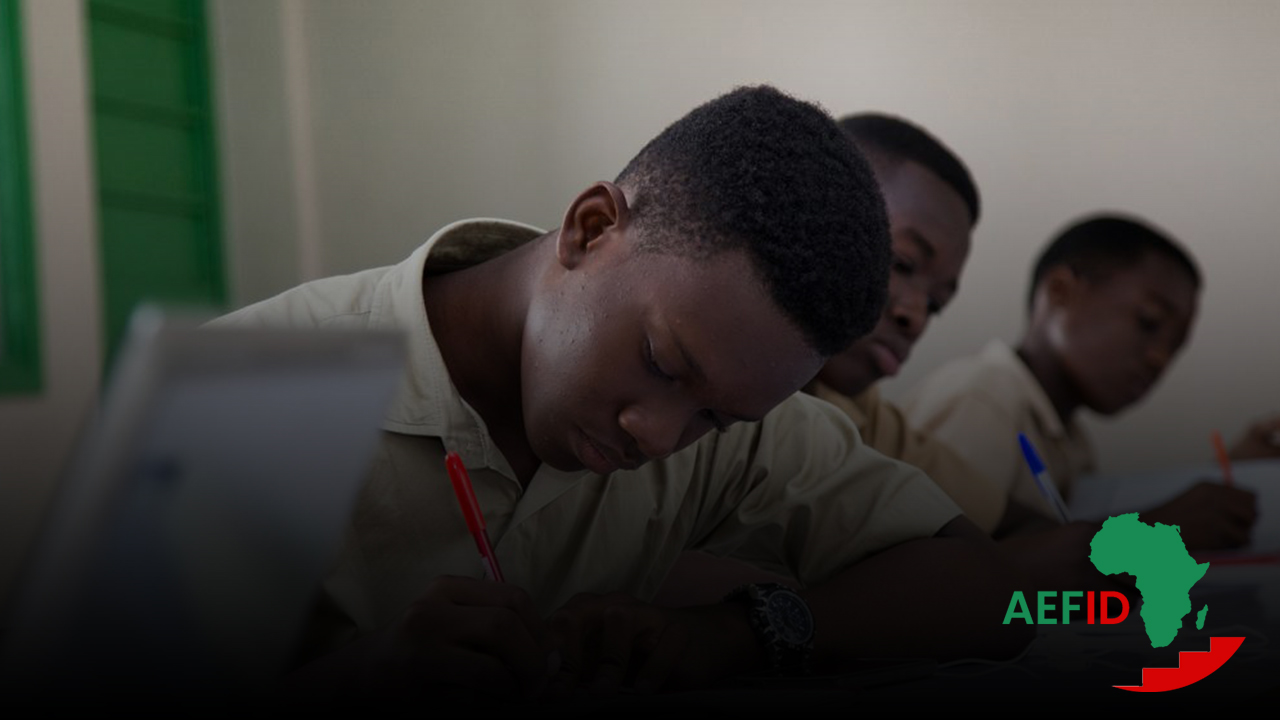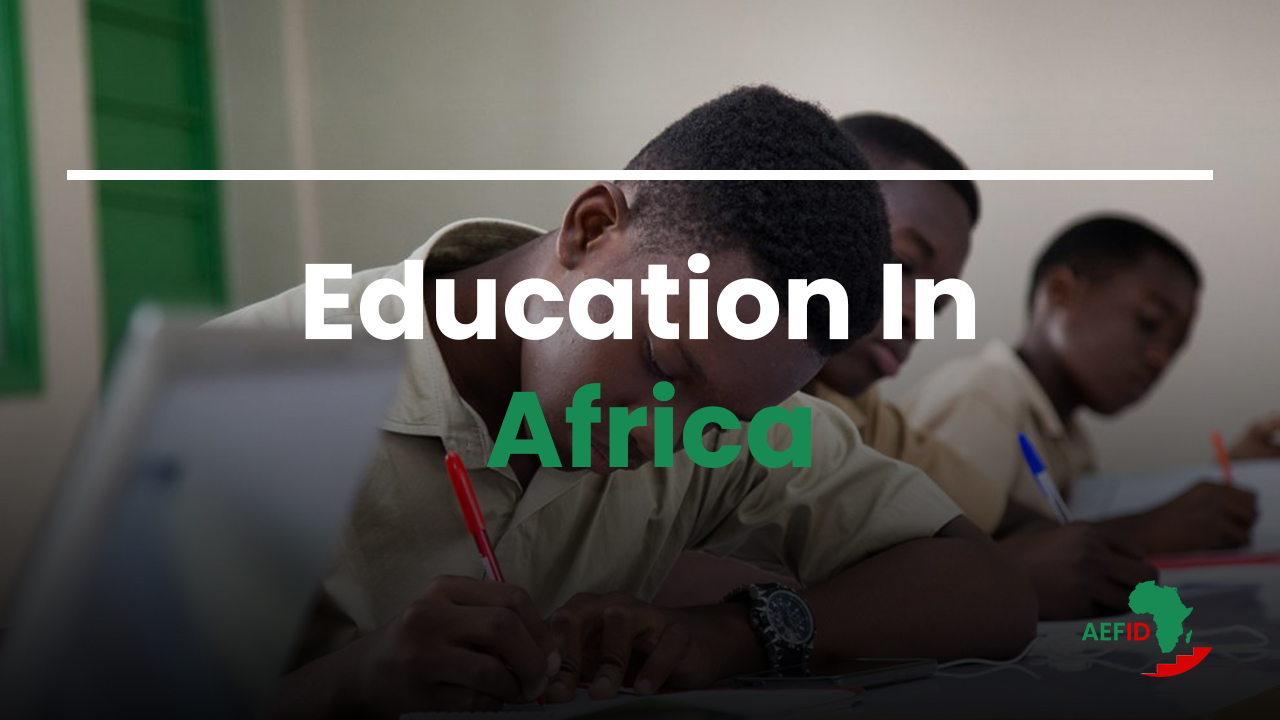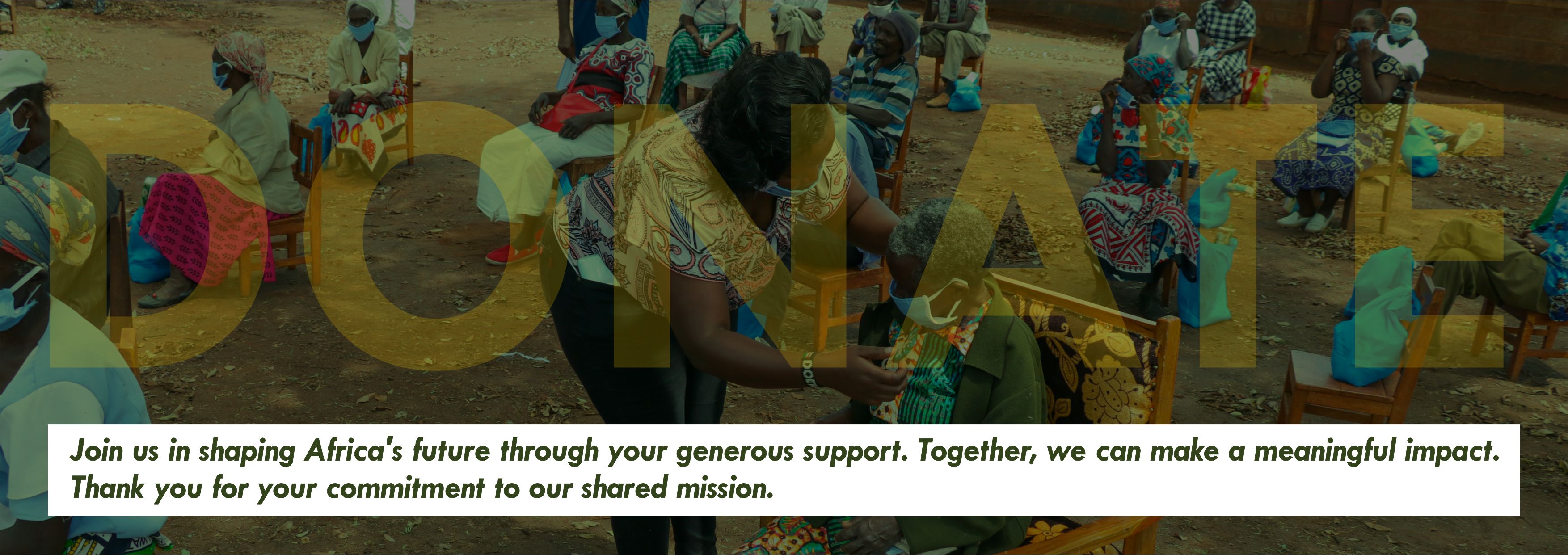About the Education Sector.
Education: Education is one of the key sectors of practice for AEFID, as it reflects the organization’s commitment to promote human development, empowerment, and innovation for Africa and its people. AEFID recognizes that education is essential for enhancing the skills, knowledge, and capabilities of the African people, especially the youth and women. AEFID also acknowledges the challenges and opportunities that Africa faces in the education sector, such as the gaps in access, quality, and equity of education, the impacts of conflicts and pandemics, the need for reform and transformation, and the potential for digitalization and collaboration.
According to the United Nations Educational, Scientific and Cultural Organization (UNESCO), Africa has made remarkable progress in education in recent years, but still faces significant barriers in achieving the Sustainable Development Goal 4 on quality education. The continent has an estimated 97 million children and youth who are out of school, and only 9% of young people who complete secondary education. The main factors that hinder the education inclusion are poverty, gender, disability, location, and language. Moreover, Africa is affected by various crises and emergencies, such as wars, violence, displacement, and COVID-19, which threaten to disrupt the education continuity and learning outcomes.
However, Africa also has many opportunities and potentials to improve its education sector and achieve the SDGs related to education. The continent has a large and youthful population, with 60% of its people under the age of 25, and a growing demand for education and lifelong learning. Africa also has the potential to harness the power of innovation and technology, such as online learning, mobile devices, and artificial intelligence, to improve its education systems and create solutions that are relevant, inclusive, and adaptive to its context and needs. Furthermore, Africa can benefit from the increased collaboration and partnership among its countries, regions, and stakeholders, as well as with the international community, to share best practices, mobilize resources, and coordinate actions.
AEFID aims to support and complement these efforts by conducting and promoting research, education, and advocacy on education issues in Africa. AEFID also strives to foster a dialogue and collaboration among various stakeholders, including state authorities, civil society, private sector, media, academia, and international and regional organizations. AEFID believes that by working together, we can enhance the education sector, human development, empowerment, and innovation of Africa and its people.
Gallery




